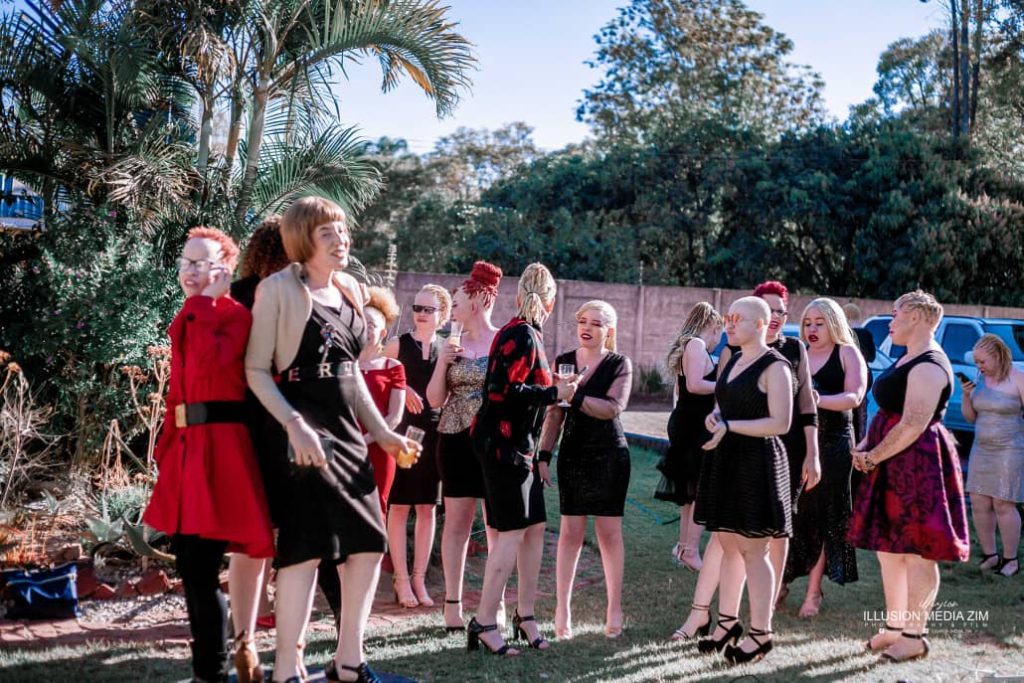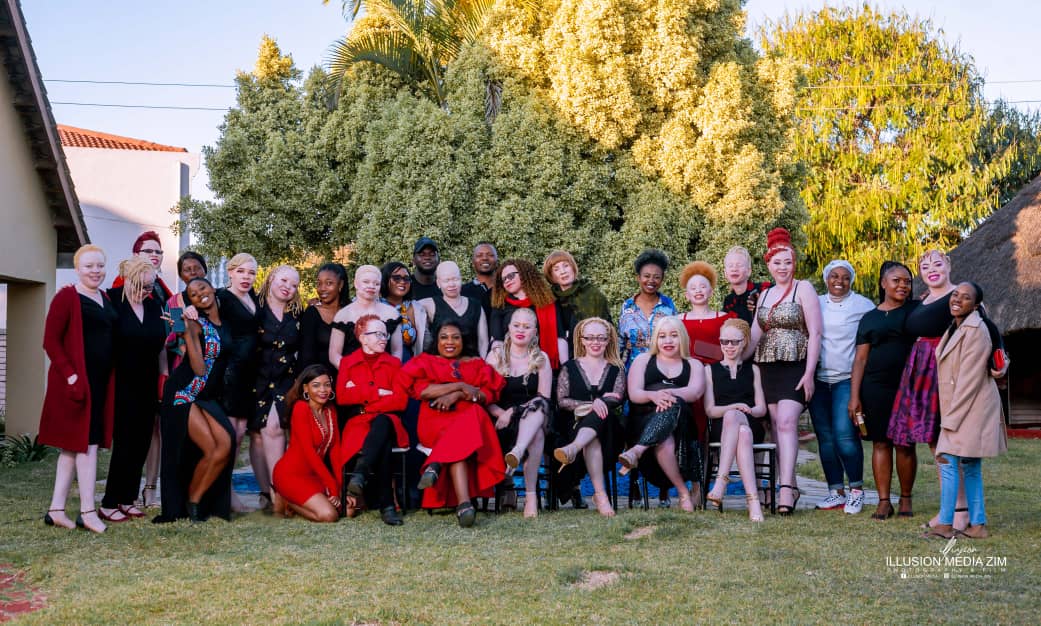EFFORTS to debunk myths associated with albinism need the support of everyone, Alive Albinism Initiative Zimbabwe patron, Eldrette Shereni has said.
In several African countries albinism is perceived as a curse, with people living with albinism raped and killed fuelled by the superstition and myth surrounding their skin condition.
Speaking during a belated luncheon she organised in Harare recently for 50 women with albinism, Shereni said it was inexcusable in this day and age for people to believe myths that make people with albinism suffer.
“We need to transform the mindsets of communities to begin to embrace people with albinism. They need community support to counteract stigma, discrimination and social isolation owing to superstitious misconceptions.
“Society should support them by giving them opportunities to excel in whatever fields they have some skills. It is common knowledge because people with albinism have a variety of challenges, the most common being financial constraints. They also face various health complications due to lack of sufficient medical care for their condition,” Shereni said.

The Alive Albinism Initiative Zimbabwe patron, who is a chartered marketer by profession, said the International Albinism Awareness Day, which is celebrated every year on 13th June, was a perfect opportunity to celebrate the uniqueness of people with albinism.
“I decided to host a luncheon to allow them to interact and share their challenges, talents, skills and entrepreneurial ideas in order to create an empowered community.
“The idea is to come together and form social entrepreneurship hubs to capacitate women with albinism to make them self-sufficient, socially included and economically empowered,” said Shereni, adding that during the event the launched a fundraising drive to help people with albinism secure income that will enable them to afford basics such as sunscreen lotions, glasses, food, clothing or even capital to start small income-generating projects.
According to estimates, Zimbabwe has about 70,000 people with albinism out of a population of about 16 million.



